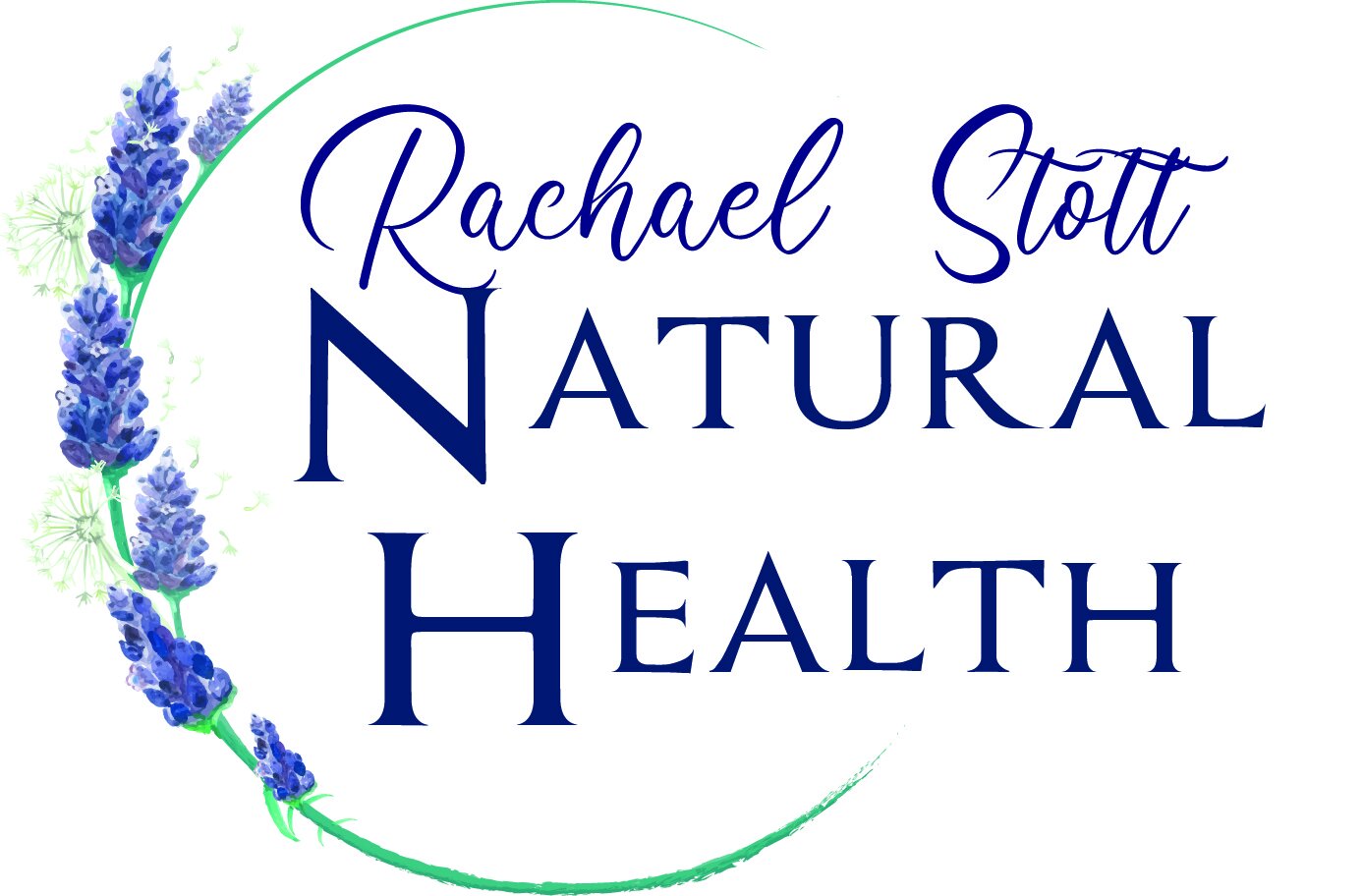Ashwagandha ‘smells like a horse’
Withania somnifera aka Ashwagandha or Indian ginseng is one herb that many of you may be familiar with. It has a long history of use in Ayurvedic medicine, and in more recent decades, in Western herbal medicine. Its Indian name means smells like a horse and some people notice its distinctive smell.
It is a member of the nightshade family so is frost tender like tomatoes and capsicums. I do have some plants growing outside but the plants in my glasshouse are vigorous and double the size of the outdoor ones. As you can see in the photo, it is thriving beside some tomato plants.
The root is the medicinal part used and would typically be harvested in autumn. I grew my plants from seed in spring and I was hoping for flowers to continue the cycle in the next growing season. We shall see.
Many people in the Western world would be aware Withania/Ashwagandha is often indicated for those who are under stress or feeling depleted as this plant is primarily known as an adaptogen.
It is also known for its immune supporting benefits, including those who are recovering from an infection, post viral fatigue or as a herb to work alongside chemo or radiotherapy.
Its botanical name somnifera indicates its sedative actions and support for insomnia. Modern research has shown that it may improve cognitive function and support the nerves.
For those with anaemia, it is high in bioavailble iron, another way it nourishes and supports the body. It also promotes libido and reduces the hair going grey.
As Withania/Ashwagandha is antiinflammatory, it may be helpful for those with inflammatory conditions including autoimmune disease where inflammation is an issue.
As it is a member of the nightshade family so it may be an issue for those with nightshade sensitivity and others may find it too stimulating. For those who are on medications or have a medical condition, it would be best to check in with your naturopath or herbalist to see if this herb is right for you before taking.
Withania/Ashwagandha is thriving in my glasshouse

